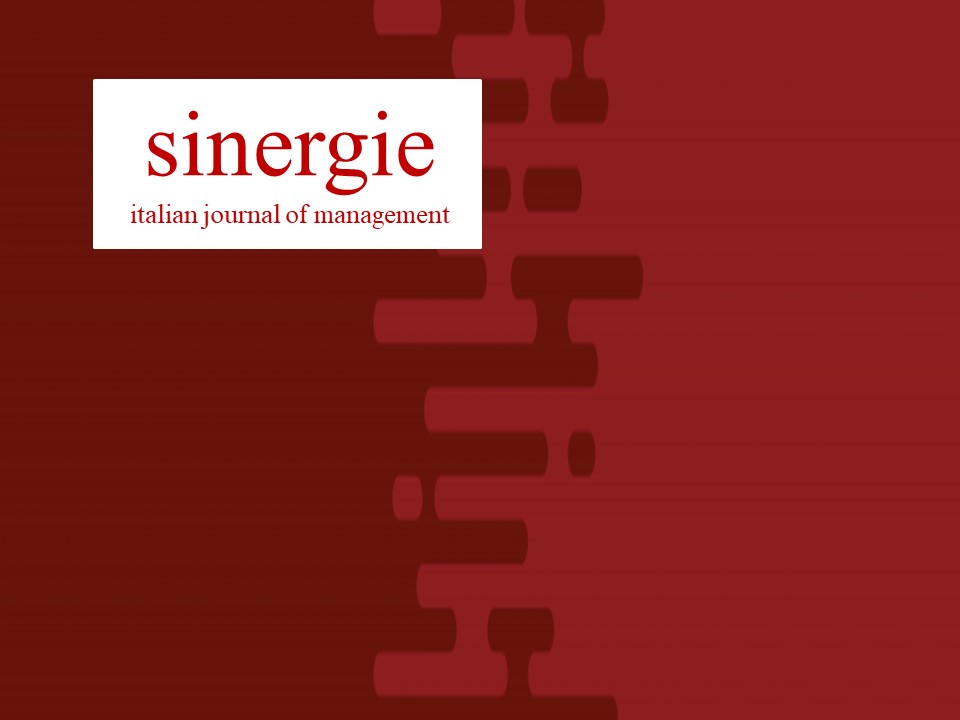Calculating W-2 Wages for Limitations on the QBI Deduction
Content
When engaged by X, B is responsible for receiving and reviewing orders from physicians providing medical care at the facility; making recommendations on dosing and alternatives to the ordering physician; performing inoculations, checking for drug interactions, and filling pharmaceutical orders for patients receiving care at X. B is engaged in the performance of services in the field of health within the meaning of section 199A and paragraphs and of this section. The commodities trade or business holds the commodities directly, and not through an agent or independent contractor, as inventory or similar property. Securities from and selling securities to customers in the ordinary course of a trade or business or regularly offering to enter into, assume, offset, assign, or otherwise terminate positions in securities with customers in the ordinary course of a trade or business. Solely for purposes of the preceding sentence, the performance of services to originate a loan is not treated as the purchase of a security from the borrower in determining whether the lender is dealing in securities. The performance of services in the field of athletics does not include the provision of services that do not require skills unique to athletic competition, such as the maintenance and operation of equipment or facilities for use in athletic events.
- If an RPE aggregates multiple trades or businesses under paragraph of this section, the RPE must compute and report QBI, W-2 wages, and UBIA of qualified property for the aggregated trade or business under the rules described in § 1.199A-6.
- Aggregation is potentially beneficial to businesses with individual owners who have taxable income above $315,000 for married filing joint taxpayers and $157,500 for others.
- Thus Susanne would have converted all of her non-QBI-deduction-eligible income into income that could, subject to W-2 and depreciable property limitations, be eligible for the deduction… except that is not going to fly with the IRS… ever, because $1MM/year is not remotely close to a reasonable market rental rate.
- The strategy would have allowed entities to split their non-SSTB components into separate entities that charged the SSTBs fees.
- However, all S corporations and partnerships report each shareholder’s or partner’s share of QBI items.
- In order to perform the duties required by Z, employees receive more than a year of specialized training for working with Z’s test, which is of no use to other employers.
The sum of the individual’s share of 25% of such W-2 wages plus the individual’s share of 2.5% of the unadjusted basis immediately upon acquisition of qualified property. If you have no or low qualified business income, see if there are opportunities to become a business owner, such as an employee becoming a consultant. Remember to take into account all considerations, such as a benefits package. This course will provide tax advice to partnerships engaged in the cannabis business in states that have legalized its sale and/or cultivation.
A. Qualified Business Income
The OFR/GPO Optimal Choice Of Entity For The Qbi Deduction is committed to presenting accurate and reliable regulatory information on FederalRegister.gov with the objective of establishing the XML-based Federal Register as an ACFR-sanctioned publication in the future. While every effort has been made to ensure that the material on FederalRegister.gov is accurately displayed, consistent with the official SGML-based PDF version on govinfo.gov, those relying on it for legal research should verify their results against an official edition of the Federal Register. Until the ACFR grants it official status, the XML rendition of the daily Federal Register on FederalRegister.gov does not provide legal notice to the public or judicial notice to the courts. The IRS FAQs raise the question of whether real estate rented to a commonly owned SSTB qualifies for the QBI deduction. Any portions rented to a commonly owned SSTB do not qualify, but portions not rented to a commonly owned SSTB, as well as any interests held by an unrelated party, may qualify.
Who can claim the qualified business income Qbi deduction?
QBI is the net amount of qualified items of income, gain, deduction and loss from any qualified trade or business, including income from partnerships, S corporations, sole proprietorships, and certain trusts.
By providing a de minimis rule to allow a small fraction of gross receipts to be derived from SSTB activity, the regulation may cause businesses near the threshold to decrease their specified service activities or increase their non-specified service activities to avoid being classified as an SSTB. Additionally, the de minimis rule may encourage smaller entities engaged in SSTBs to merge with larger entities not engaged in an SSTB. The Treasury Department and the IRS expect that § 1.199A-2 will implement the section 199A deduction in an economically efficient manner. For example, § 1.199A-2 will discourage some inefficient transfers of capital given the statute’s silence regarding the circumstances in which certain property transfers would or would not be considered under section 199A. Specifically, the final rules make clear that property transferred or acquired within a specific timeframe with a principal purpose of increasing the section 199A deduction is not considered qualified for purposes of the section 199A deduction.
Advisory Services Menu
The final regulations would lead taxpayers to make decisions that were more economically efficient, conditional on the overall Code. Two commenters requested clarification regarding whether multiple trusts will be aggregated if section 643 requirements are met. Specifically, the commenters asked for clarification on what it means to form or fund a trust with a significant purpose of receiving a section 199A deduction. These commenters state that trusts should not be combined simply because the section 199A deduction is increased if a legitimate non-tax reason led to the creation of the trusts. Many commenters expressed support for the position in the proposed regulations that reputation or skill was intended to describe a narrow set of trades or businesses not otherwise covered by the other listed SSTBs, often writing that a more broad interpretation would be inherently complex and unworkable.
Of the wages/qualified property limitation results in a reduced QBI deduction . The enactment of the Sec. 199A qualified business income deduction has introduced a new factor into the choice-of-entity determination for a business because the form of entity can have a significant effect on the QBI deduction available to the owners of the business. The purpose of this article is to discuss the various ways in which the QBI deduction can be maximized. C corporations are ineligible for the deduction, and thus, this particular approach is not addressed in depth here.
B. Computational Rules
PrimeGlobal is not a https://quick-bookkeeping.net/ and independent member firms are not acting as agents of PrimeGlobal or other independent member firms. Business owners are sometimes slow to accept that they’re going to go unpaid for services rendered or goods delivered. If you use accrual-basis accounting, though, facing the facts can land you a bad debt deduction.
W-2 wages paid by a pass-through entity must be separately determined for each qualified trade or business conducted by the entity and separately reported to owners. An owner’s allocable share of W-2 wages for QBI deduction purposes is determined in the same manner as the owner’s allocable share of those wages under the normal federal income tax rules. A is employed by PRS, a partnership for Federal tax purposes, as a fulltime employee and is treated as such for Federal employment tax purposes.


